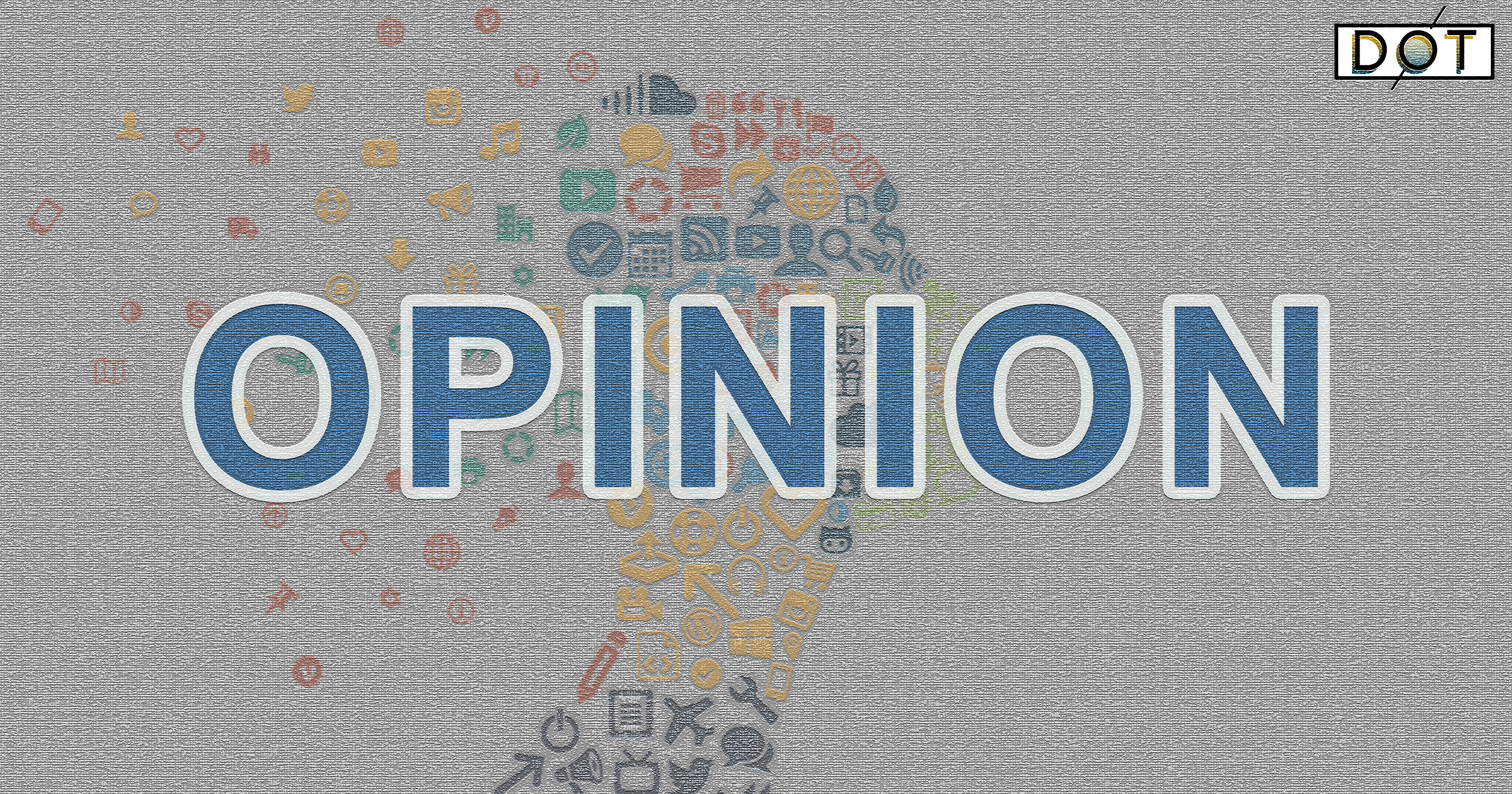
By James Tam
Absolute freedom of the press is neither sensible nor feasible. To me, that's sheer common sense. But for a long time, common sense has been at odds with popular belief. Freedom of the press, many believe, is absolute and inviolable even though it has never been realised anywhere. But all that is changing, rapidly and unpredictably.
On 14 September, 1770, King Christian VII of Denmark and Norway — whose rein was marked by mental illness — had a crazy idea: freedom of the press! Before then, all written material had to be approved by professors at the University of Copenhagen before it could be printed.
As Christian VII was confused most of the time, freedom of the press was actually part of a reform architected by his de facto regent Johann Friedrich Struensee who was extremely annoying to the established powers at the time. In April 1772, the elites found some noble excuse to chop off his right hand before cutting his head off. His body was then quartered and drowned superfluously to vent contempt and anger. Freedom of the press disappeared accordingly until 1849. However, it wasn't until the late 1950s — at least well after Senator McCarthy — that it made a meaningful come back and eventually grew to become an ideological weapon of the US and subsidiaries.
Freedom of the press is therefore a very young and intermittent phenomena. New as it is, those born after the 1950s may have the impression that it is a Western concept which had always been, and always will be. Throughout their adult lives, that was all they've heard. In many instances, during this very brief period in history, it was also what they've witnessed, at least relatively speaking. However, a reversal is happening right now — at first stealthily, increasingly blatantly. There are many examples.
In a capitalistic society, the press can be controlled by money, and money can be printed. Failing that, there is a formidable arsenal of legal weapons in the government's hand. Julian Assange's only 'crime' was truthful reporting of an unequivocal war crime in Iraq, and naively believed in his rights to report freely. For that, he has spent more than a decade in effective jail, and will most likely spend the rest of his life incarcerated. Most people have forgotten him, the rest is starting to give up.
Donald Trump is the first ex-US-President to be gagged. He may not be the most responsible user of social media. But what about the sacrosanct freedom of expression? What about disagreeing with what he says while defending his rights to say it with your life?
RT (Russia Today) is an excellent English language media from Russia. As a third party observer, I trust RT's relatively objective and factual reports much more than the haughty state-owned BBC. But since the war in Ukraine, the RT has been blocked in all Western European countries including Denmark where the idea of a 'free press' originated, the UK, and North America.More recently, with the Israeli-Palestinian conflict, news black out have become more desperate. Through local contacts, I learnt that there hasn't been any report in Finland on the US vetoes at the UN Security Council's (otherwise) unanimous calls for a humanitarian ceasefire at Gaza. Even a quick attempt to search for the news in Finnish yielded nothing.
Apparently, there hasn't been any visible report in Canada either. According to friends and relatives there, many if not most North Americans sympathise with the Palestinians. Tiktok from the States shows overwhelming support for Palestine. A tongue-in-cheek proposal to relocate Israel to Florida has attracted many likes. There have been two sizeable protests in Vancouver against Israel/US actions in Gaza, but the state-owned CBC and other legacy media have been silent on these and other similar events across the world. It takes considerable research skills to find a few captioned photos published without commentary or analysis. I wonder for how much longer can they pretend to be blind.According to Gallup Poll on 19 October 2023, thirty-nine percent of Americans have no trust 'at all' in mass media. The trend seems pronounced and definite. Legacy media in the West may soon expire, thereby weakening their unparalleled control of global narratives. The next battlefield will be on the Internet, where an amorphous free press has emerged, and an army of Matrix Agents is ready for action.
The views do not necessarily reflect those of DotDotNews.









Comment